Animal Research
-

Is road salt killing salmon?
In this Q&A, Drs. Patricia Schulte and Chris Wood discuss how citizen scientists can contribute and how the public can help reduce any potential road salt impact.
-
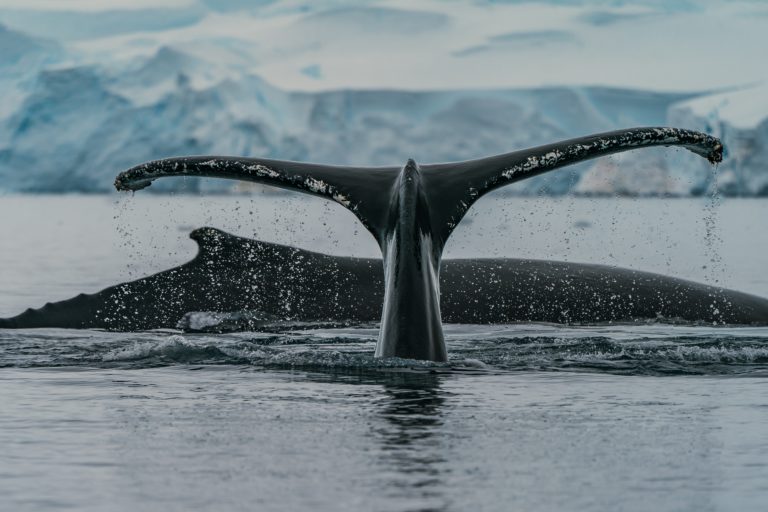
Why whales don’t get brain damage when they swim
Special blood vessels may protect whales from pulses in their blood that would damage the brain while swimming, new research has suggested.
-

UBC team developing oral insulin tablet sees breakthrough results
A team of University of British Columbia researchers working on developing oral insulin tablets as a replacement for daily insulin injections have made a game-changing discovery.
-
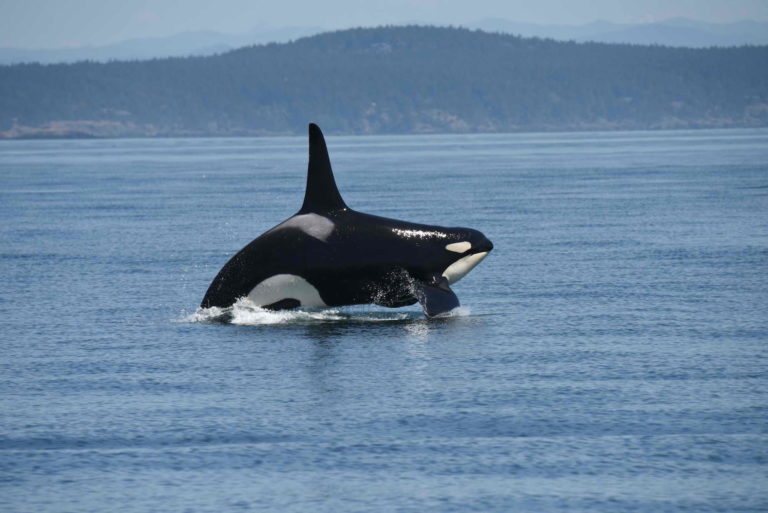
Southern resident killer whales not getting enough to eat since 2018
The endangered southern resident killer whale population isn’t getting enough to eat, and hasn’t been since 2018, a new UBC study has determined.
-

Canada ranks third worldwide in permeable landscapes for wildlife
Canada ranks third in the world for animal movement between protected areas, finds new UBC research.
-
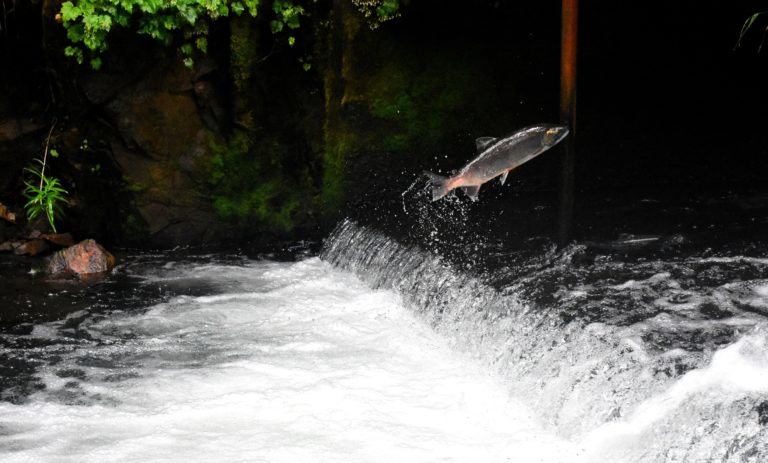
Two pathogens linked to salmon health and survival in B.C.
Many wild salmon populations in B.C. have experienced substantial declines over the last three decades. New UBC research published today can help chart a course towards better protection of wild salmon.
-

New nasal spray treats Delta variant infection in mice, indicating broad spectrum results
Researchers have shown a new compound delivered in a nasal spray is highly effective in preventing and treating COVID-19 caused by the Delta variant in mice.
-
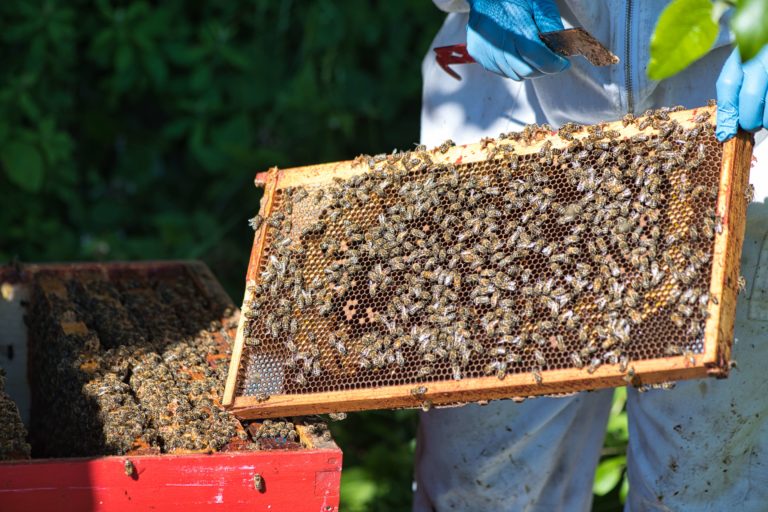
Bees are explosively ejaculating to death. A polystyrene cover could help stop it.
A simple polystyrene cover could help cool beehives during heat waves, preventing a grim outcome for male bees.
-
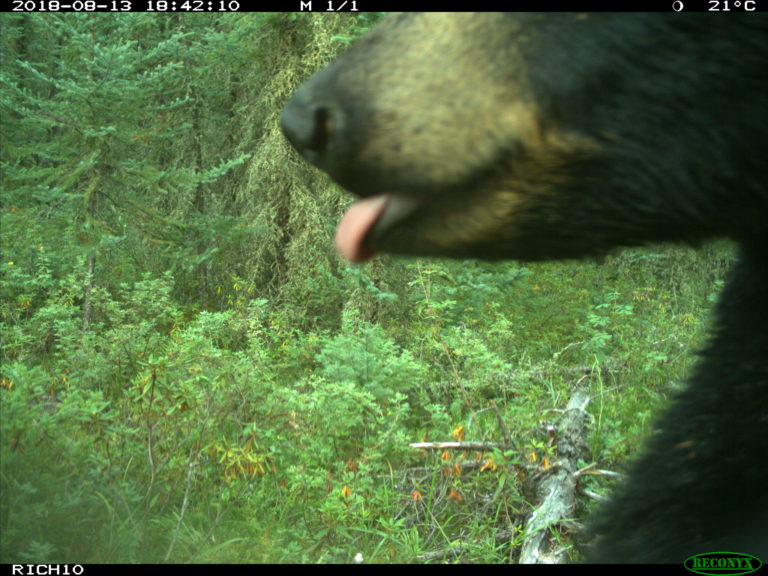
Data from thousands of cameras confirms protected areas promote mammal diversity
A new University of British Columbia study offers new evidence that protected areas are effective at conserving wildlife.



